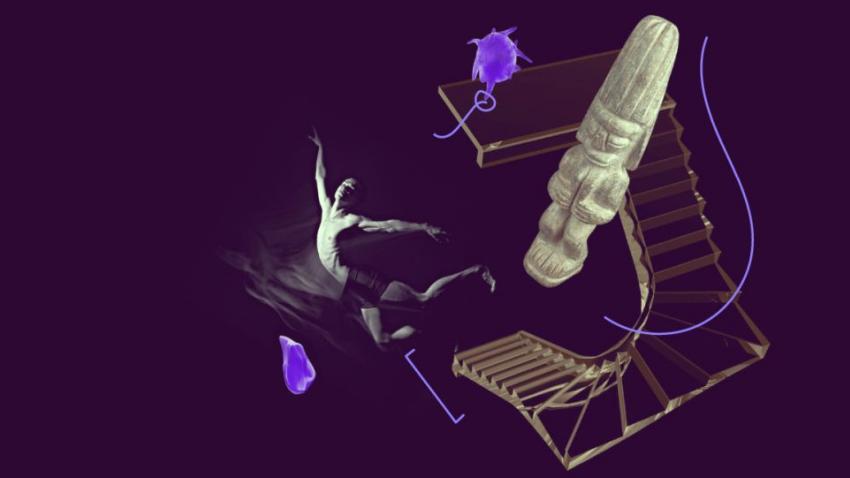The Marie Skłodowska-Curie Actions – Staff Exchanges aim to promote the transfer of knowledge, advanced training and capacity building of human resources from universities and companies, through intersectoral, interdisciplinary and international secondments of staff involved in research activities to test new ideas and develop new products.
In the last competition, Portuguese institutions raised 3.3 million euros, which corresponds to a total of 5 projects and 4.16% of the funding to be allocated. 79 projects were selected for financing, one of which was coordinated by researcher Roberto Martins (CESAM/DBIO). The project is entitled “SAFERCOAT – A multidisciplinary and circular approach for the development of innovative, safe and (bio)degradable multifunctional coatings” and has a strong component of research, exchange and knowledge transfer. At the University of Aveiro (UA), the multidisciplinary team is made up of researchers from CESAM, CICECO, I3N, and TEMA and five departments, namely DBio, DEMAC, DFis, DAO and DEM. SAFERCOAT aims to promote personnel mobility and knowledge sharing to develop ecological polymer coating formulations with improved biodegradability for aeronautical, maritime and cultural applications, and to revalue waste at the end of the paint life cycle to develop new ecological and high added value.
This scientific effort will rely on the synergy of specialized training and intersectoral and interdisciplinary mobility between 6 universities (UA, Universidad de Santiago de Compostela, Univerzita Pardubice, Politécnico de Torino, Dublin City University and Universidad Nacional de la Plata) and 4 industrial partners (Smallmatek , Synpo, Colorlak and Leda Polymer) to promote the growth, transfer, dissemination and exploitation of knowledge in the field of biodegradable coatings.
The SAFERCOAT project had an overall evaluation of 96.2% out of 100%, registering the second best evaluation in the Chemistry panel and being, globally, among the top 10 out of a total of 233 proposals submitted.
(Text by: CESAM Communication, Promotion and Dissemination Office)
